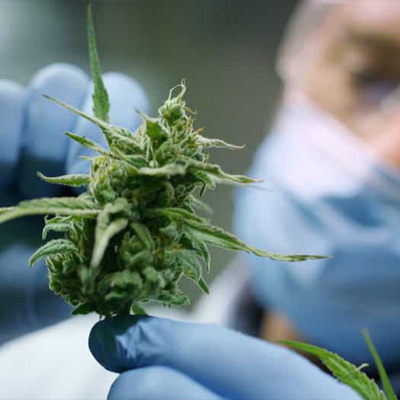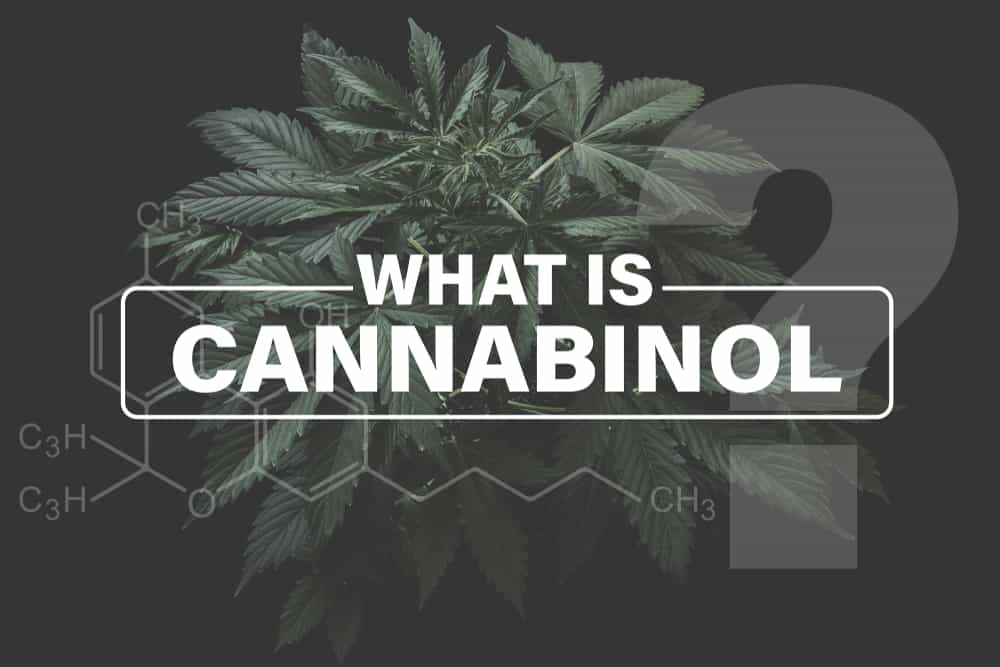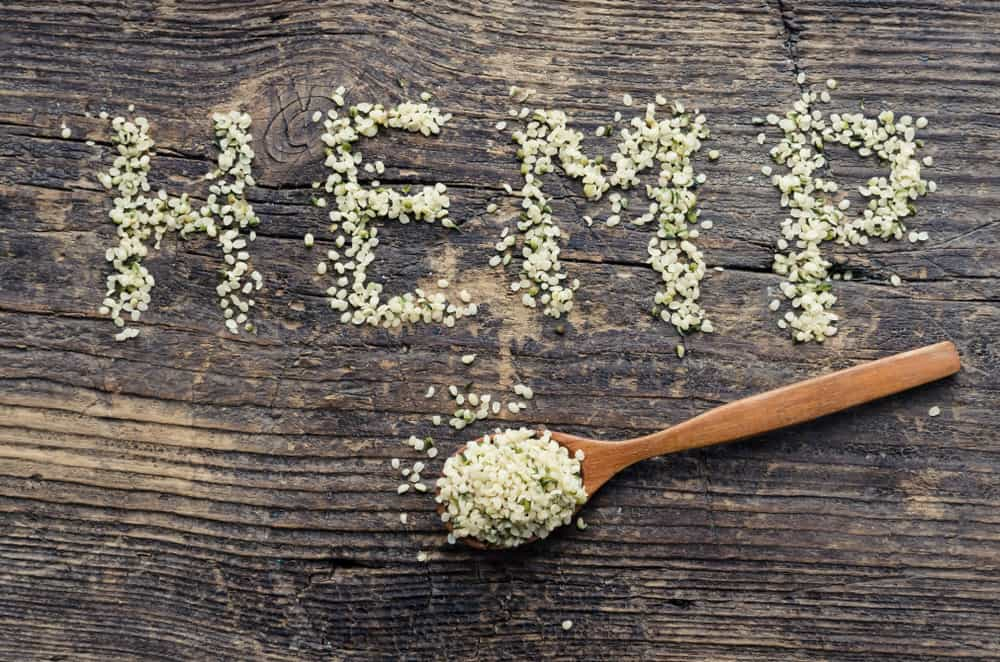Cannabidiol Oil Vs. Hemp Oil

Cannabidiol Oil
If this is your first foray into the CBD realm, one of the first things you should understand is the difference between hemp and cannabidiol oils. Unfortunately, many individuals who are new to CBD don't take the time to conduct their homework before buying Cannabidiol Oil. Consequently, there are a lot of misconceptions about the differences between hemp oil and cannabidiol oil. To help clear up some of the confusion, we've put together a quick and informal primer on the main differences between the two.
Hemp seed oil is produced from the seeds of the hemp plant, which is a variation of the cannabis sativa plant that contains less than 0.3 percent THC. Both oils may be found in a wide range of items, from cosmetics to food. Continue reading to find out more about the similarities and differences between hemp seed oil and cannabidiol oil, as well as how they're manufactured, what they're used for, and the possible advantages they provide.

What Is Hemp Seed Oil and How Does It Work?
Hemp seed oil is made from the seeds of the hemp plant and has a strong, nutty taste. It is high in omega-3 essential fatty acids, tocopherols, linoleic and linolenic acids, and 70 to 90% polyunsaturated fatty acids (also known as healthy fats). According to an Oklahoma State University investigation, hemp seed oil may include delta-9-tetrahydrocannabinol (THC) and cannabidiol oil depending on how hemp seeds are handled and processed.
Most hemp seed oil manufacturers must follow strict guidelines to ensure that their products contain virtually undetectable amounts of THC, typically 0.3 percent or less. This dosage will have no psychotropic effects. Hemp seed oil is derived from hemp. plant's seeds. The seeds are cold pressed in the same way that olive oil is. Once the oil has been extracted from the seed, it is kept cold and dark until it is processed and sent.
Potential Advantages
Hemp seed oil's unique composition of a 3-to-1 ratio of omega-6 (linoleic) to omega-3 (alpha-linolenic) essential fatty acids has the potential to increase omega intake. In general, a diet high in omega-3 and omega-6 fatty acids benefits skin, cardiovascular health, blood pressure control, and pain and inflammation reduction, as well as perhaps lowering PMS symptoms like breast tenderness.
What Is CBD Oil?
CBD improves health and wellness by offering various benefits to the body and mind, such as providing relief from stress, anxiety, and depression, improving sleep quality, etc. It’s almost impossible to overdose on CBD products. However, you should avoid consuming too much and stick to the dose recommended on each CBD product’s label. Organic CBD oil has gotten a lot of press in recent years, erupting into the media and creating a market splash that's been difficult to ignore. However, its popularity has exploded so quickly that many people are unsure what this health product is all about. The best CBD oils are derived from organic hemp.
The MedAims CBD company is one of the most trusted CBD producers in the world. They offer a variety of CBD products like CBD tinctures, vape juice, gummies, and skin care treatments. You can enjoy the benefits of MedAims CBD products without getting high. The Medaims CBD oil reviews show that users are happy with this brand.
What Are CBD Softgels?
CBD softgels are CBD capsules that are flavorless and contain cannabidiol. They contribute to your health and well-being by providing a sense of inner harmony. There are some points to look for when purchasing CBD softgels. The best CBD softgels are organic and healthy.
PureKana is a well known brand that produces CBD oil products. They use the purest, highest quality non-GMO, CBD-rich hemp that is free of any pesticides, herbicides and any other harmful chemicals in all their products. They produce a variety of CBD based goods including gummies, ointments, tinctures, capsules and many other great products. Purekana CBD Softgel reviews have confirmed that this company was able to create and produce an outstanding product.
What Is Cannabidiol Oil and How Does It Work?
Cannabidiol is another name for CBD. It is taken from the hemp plant and then mixed with a carrier oil such as MCT oil to help our bodies absorb the CBD. CBD is extracted from the Cannabis sativa plant, sometimes known as hemp. CBD is taken from the stalks, stems, leaves, and flowers of the hemp plant, rather than the seeds. CBD may be extracted using a variety of methods, including CO2, ethanol, and olive oil. The CO2 extraction process generates the cleanest final product, which is why it is favored by the industry above others. The type of extraction utilized has a significant impact on the overall quality of cannabidiol oil.
It is manufactured by extracting nutrient-dense items with high cannabis content, which is frequently done using carbon dioxide. The hemp extract is combined with a carrier oil to create cannabidiol oil. Medium-chain triglyceride (MCT) oil, derived from coconuts, is the most popular carrier oil for CBD. As carriers, vegetable oil, sunflower oil, almond oil, and olive oil may be employed. Following the pairing of a carrier oil, attention switches to potency, which defines the strength of the product depending on the quantity of CBD content present. A formulation must be estimated using the dose or potency of the finished product as a percentage. First and foremost, the potency of the raw material must be considered.
Potential Advantages
Cannabidiol oil, according to experts, provides a wide range of health advantages. Simply said, CBD aids in the restoration of homeostasis (the body's natural equilibrium). It works by activating two of the endocannabinoid system's key receptors (CB1 and CB2), which control mood, temperature, cognitive function, and muscle regeneration.

What's the Difference Between Hemp and Cannabidiol Oil?
The large and stark variations between these two oils are astounding. Hemp oil differs from Cannabidiol oil in the following ways:
Cannabidiol oil is taken from the leaves, flowers, stems, and stalks of the hemp plant, while hemp oil is created from the seeds.
CBD may be produced from other forms of the cannabis plant, such as marijuana, but hemp oil can only originate from industrial hemp.
For their Cannabidiol Oil products, all credible manufacturers make third-party lab results and COAs (certificates of analysis) accessible. Hemp oil, on the other hand, is seldom accompanied by such allegations since hemp products are not regulated by the Food and Drug Administration (FDA).
Cannabidiol oil is legal in the United States if it is derived from the hemp plant and contains 0.3 percent or less THC, or tetrahydrocannabinol. cannabidiol oil (Customers should be aware that although hemp-based cannabidiol oils are permitted on the federal level, state and local regulations may differ.) There are no regulations against hemp oil since it is absolutely devoid of THC.
When it comes to cannabidiol oil, certain states have their own rules and restrictions. There are no limits on hemp oil since it contains no THC.
Hemp oil is high in vitamins and minerals, but it lacks the beneficial cannabinoids, terpenes, and phytonutrients found in cannabis. As a result, you will not benefit from the entourage effect, as you would with Cannabidiol Oil.
Hemp oil can be found almost anywhere, but not cannabidiol oil.
Hemp oil has been utilized in many skincare products for many years. Despite its growing popularity, cannabidiol oil is still a relatively recent addition to the cosmetics business.
Although both hemp oil and cannabidiol oil may be applied topically and consumed orally, cannabidiol oil is more often used internally and hemp oil is used topically.





